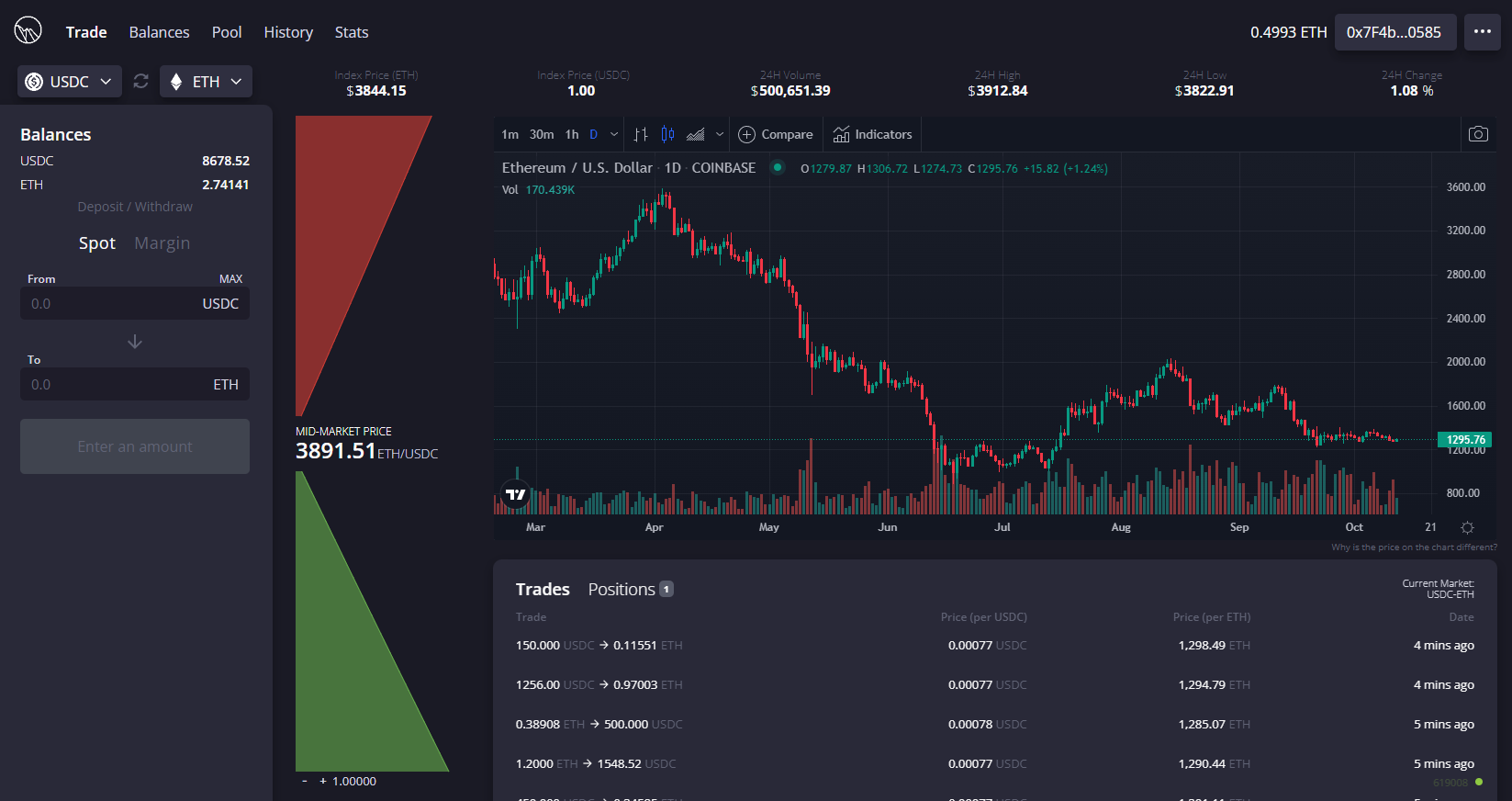Promotion
Publish ICO
Coins
Calendar
Crypto Events
News
DeFi
NFT
WEB3
Games
Trends
-
EN
English Русский Deutsch Español French Italian Portugues Indonesian Turkish Dutch العَرَبِيَّة বাংলা 中文(简体) 한국 हिन्दी 日本語
- Sign In







